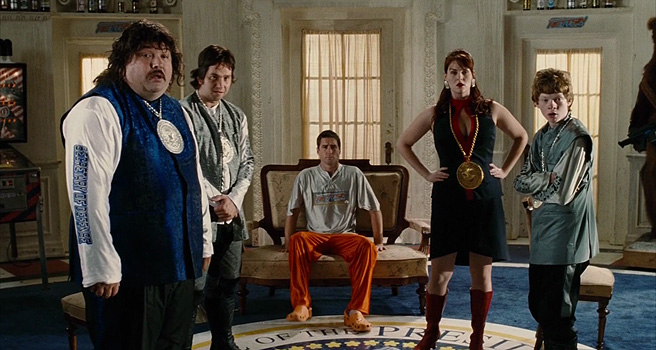Hillary Clinton, without a hint of irony, has reportedly called for “toppling” the 1 percent. So the putative favorite for the Democratic presidential nomination intends to target those who — like herself, her husband and the benefactors of her family foundation — are the wealthiest of the wealthy.
If Mrs. Clinton is seeking to upend a system that pays off a select group of elite insiders who profit by undertaking cronyistic, anti-free market acts, I applaud her. But if Mrs. Clinton is rather seeking to punish the few who have amassed great wealth by producing goods and services for their fellow man, Hillary ought to be pilloried.

Hillary Clinton. (AP Photo/Molly Riley)
Any national conversation convened by Mrs. Clinton on disparities in wealth should begin with a long look in the mirror. Hillary and Bill Clinton have obtained their wealth not by meeting a true market demand, but by transacting in the political marketplace of power and influence.
Distasteful as we might find this, one cannot blame them – at least to the extent to which they were not effectively compensated for fulfilling or seeking to fulfill their end of a bribe.
For though an extreme example of successful political entrepreneurs, the Clintons are a mere symptom of a problem created by government itself, which like all institutions seeks to protect, preserve and enrich its own.
People like the Clintons, Eric Cantor, Deval Patrick and thousands of other well-connected “public servants” find highly remunerative work while out of office because political access and protection are prized in the marketplace.
Political power is only prized by the marketplace because there is something to be bought. Political payoffs, to our nation’s detriment, are simply seen as the cost of doing business.
Stated differently, because we have a hyper-regulatory state today that is all-intrusive and all-powerful, currying political favor may be the difference between life and death, endless riches and cataclysmic failure.
Continue reading at TheBlaze…







